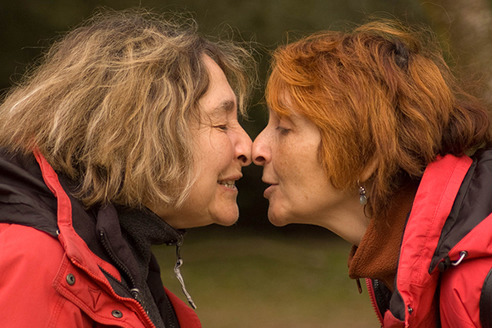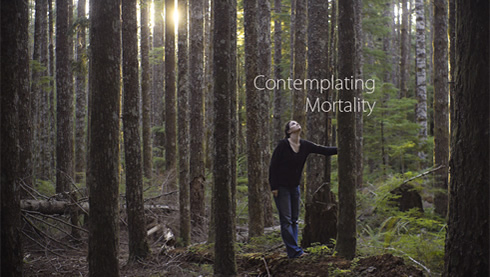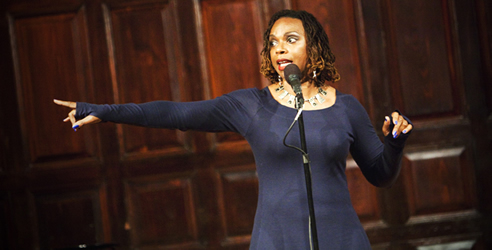Understanding the Holidays
This is the first in a series of posts about understanding and coping with the holidays. Dr. Gerald Stein makes some interesting points about why the holiday season is often difficult for all of us.
Even though everyone usually tries to be on their best behavior, old wounds can be quickly opened by a word or two. If you have recently experienced the death of a loved one your grief likely overwhelms any sense of gratitude or joy—or willingness to put up with anything less than peace and quiet. If the truth be known, you might choose to skip the holidays entirely.
Why the Holidays “Bum You Out” and What to Do About It.
The following is an excerpt from retired psychiatrist Dr. Gerald Stein’s post Why the Holidays “Bum You Out” and What to Do About It. While it does not specifically address coping with the holidays after the death of a loved one, it is a good start to understanding why the holidays are stressful for most everyone.
- We enter the darkest time of the year as we enter the holiday season and yet are expected to feel great about it, yet most of the world tried to look upbeat despite the suffering inside.
- Fall and winter is a time of things dying. Nature is cold and wet, not warm and bright. Driving takes longer and is more dangerous. .
- People have less time for you, and you have less time for yourself.
- Gifts much be chosen, crowds endured, food purchased and prepared. Budgets are stretched: planes are costlier, while airports and train stations are more crowded.
- You often dread the fact that you have to see family members you would never see if you had a choice – yet you are expected to smile through it all.
- TV and internet show inescapable images of other people having a wonderful time – which means there is something wrong with you because you aren’t sharing their wonderful time.
- It is the end of the year so you might be wondering where the year went, and reflecting on all the things you had hoped to accomplish that you didn’t.
- The media will talk about New Year’s Resolutions that you know you didn’t fulfill last year and now you are expected to set new ones and look forward to the process.
- Much of the holidays involve shopping, one of the emptiest, soul-slaying activities ever invented for many. It might give you a “sugar rush” but the thrill soon is over.
- New Year’s Day: You have a full 24-hours to reflect on your existence, compare your life to others who live in sunny California… and as you watch everyone having a wonderful time at the Rose Bowl you as you decide to do something more interesting, you pass a mirror, stop, look and realize – as Dan Greenburg and Marcia Jacobs say in How to Make Yourself Miserable:
…every year you get to look less and less like the little kid with the diaper and the banner across his/her chest and more and more like the old guy/gal with the beard and the hourglass and scythe.
To read original blog post:
http://drgeraldstein.wordpress.com/2012/11/13/why-the-holidays-bum-you-out-and-what-to-do-about-it/





 I often hear my clients say: “Why should I care about my health when I’m not sure I care to live?”
I often hear my clients say: “Why should I care about my health when I’m not sure I care to live?”
 “Wearing my father’s coat. He has died. I didn’t like him, but I wear the coat.”
“Wearing my father’s coat. He has died. I didn’t like him, but I wear the coat.”